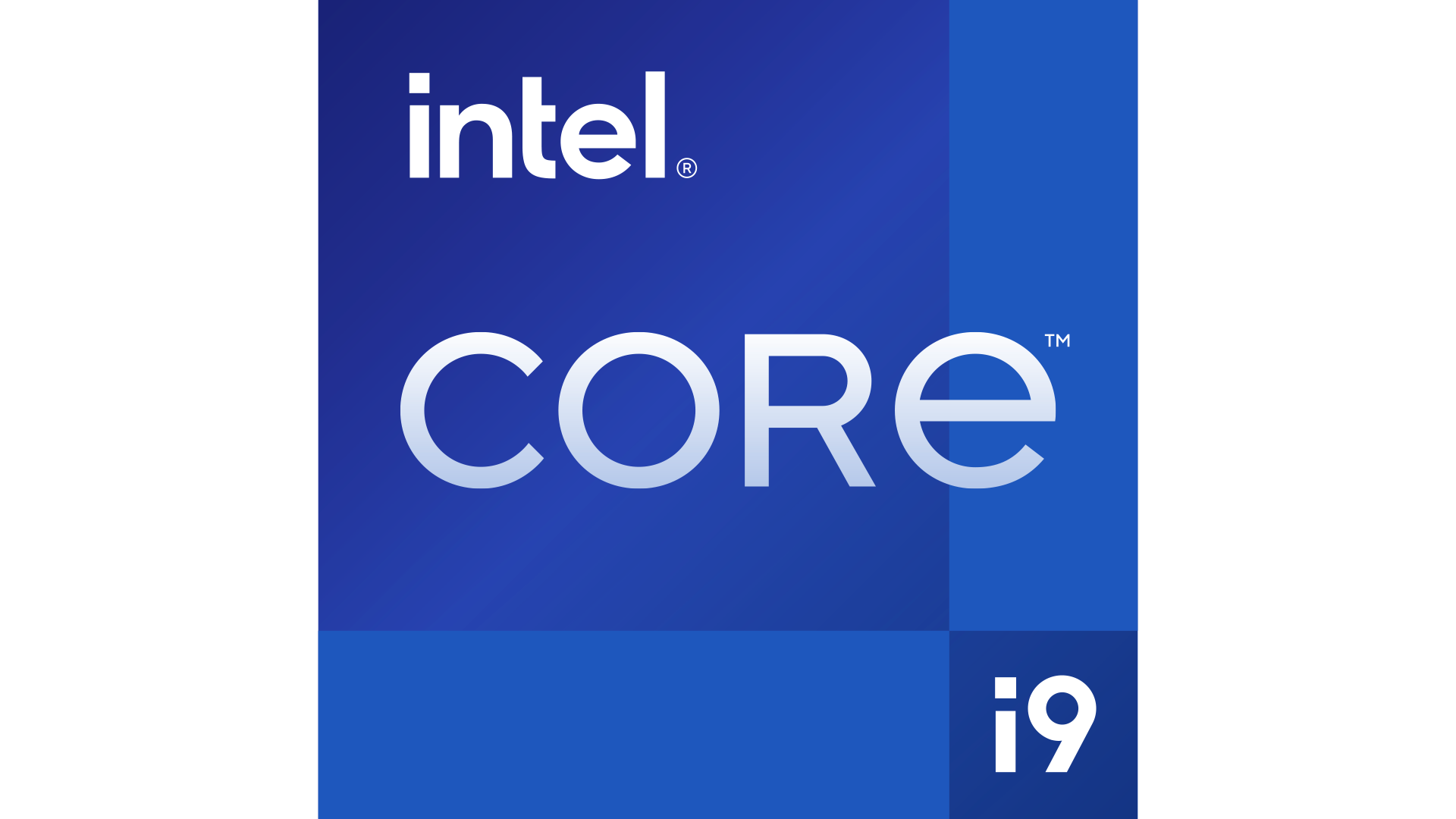The affected individual recounts that he reportedly bought the Core i9-13900K new directly from Amazon
I'm always skeptical of accounts like this. Was the seller really "Amazon" and not like "Amazon Warehouse"? I don't think Amazon replenishes its "new" inventory with returned merchandise, but maybe I'm wrong about that.
To mitigate the risk of getting scammed, make sure to test your products within the (usually) 30-day return window of sites like Amazon and Newegg.
The Core i9-13900K and Core i7-13700K have $599 and $419 MSRPs, respectively. The fraudster only receives a $180 profit from the operation, leading to a discussion among Redditors on the genuineness of the case.
My guess is the original buyer had an i7-13700K, either had or knew someone with the capability to delid CPUs, and decided they'd like a "free" upgrade to an i9-13900K.
Let's say it was a kid whose parents bought him an i7-13700K. All he needs his own (or a friend's) credit card with enough credit to let him charge the i9-13900K, and then make sure both the purchase and return fall within the same billing cycle. Then, he doesn't have to actually spend any money that he might not have. Even if they fall in different billing cycles, you just have to pay the interest on the initial purchase, which would still make it a
very cheap upgrade.
Stories like this are important, because they remind us that
scams often do hurt real people. Too often, you hear scammers rationalize what they're doing as scamming a big, faceless company and telling themselves that whoever gets the CPU will just return it for a refund, leaving Amazon stuck with the bill. But, too often, that's not the case. And, even if the second buyer
did notice & return within the 30 day return window, Amazon will just pass the costs of any fraud onto other consumers via higher price markups & fees. So, we all stand to suffer from scams and frauds, even if not directly.



